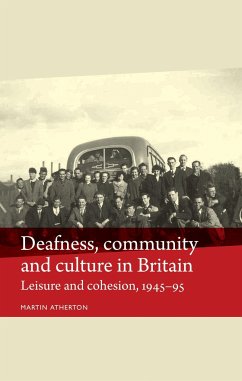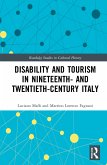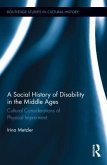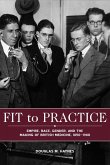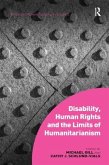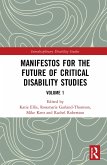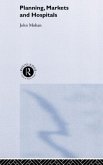Many authors have identified the importance of deaf clubs in the emergence of a distinct community of deaf people, both in Britain and abroad. This, however, is the first book to provide any real insights in to precisely what went on in these clubs that made them so important. For the first time, Atherton offers a detailed analysis of how and why deaf people gathered together in their own social clubs and what they did in passing their leisure time together. More than this, this study examines the importance of deaf leisure as a means of defining and celebrating the common values and experiences that arise from shared deafness. Based on these views and opinions of deaf people themselves, as expressed in the newspaper British Deaf News, this book draws upon a previously neglected source to reveal just how deaf people came to develop a communal identity that challenges received wisdom on deafness as a disability. Touching on concepts such as topophilia, imagined communities and the breakdown of community ties, the book uses a case study of north-west England during the second half of the twentieth century to show how closely deaf people's leisure practices were influenced by those around them, while remaining a culturally defining aspect of deaf life. This book will appeal not only to anyone interested in deafness, but also to those studying and researching disability, leisure, social and cultural history, sport, community formation, cultural minorities and regional studies.

